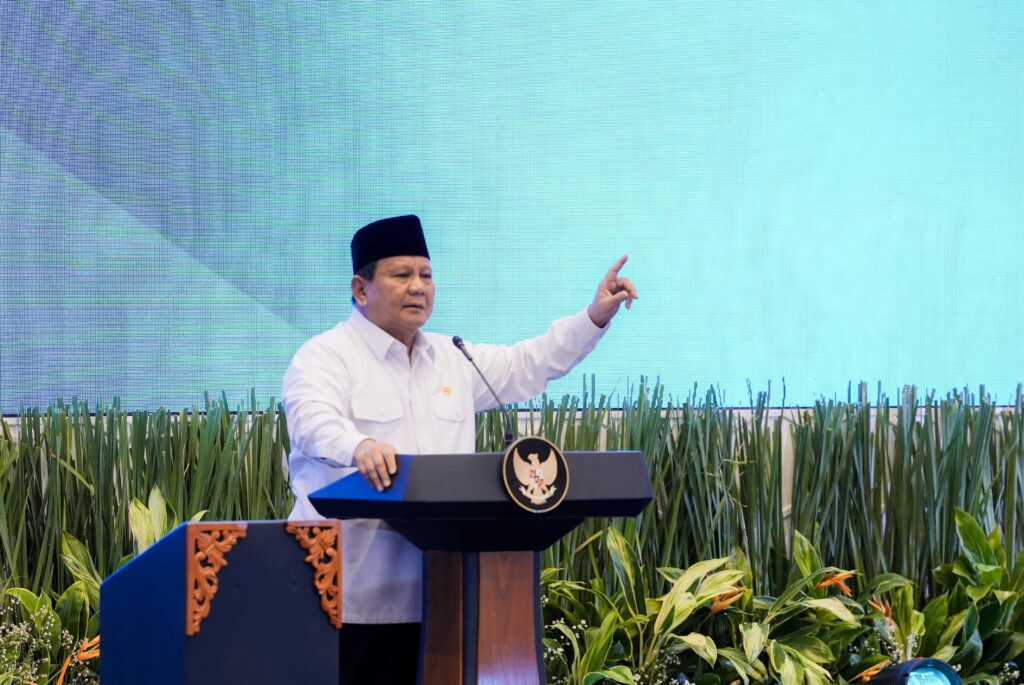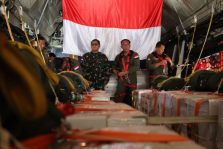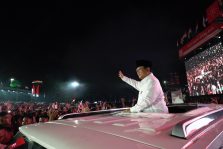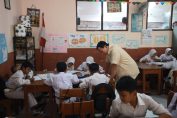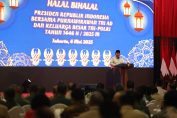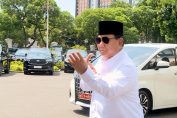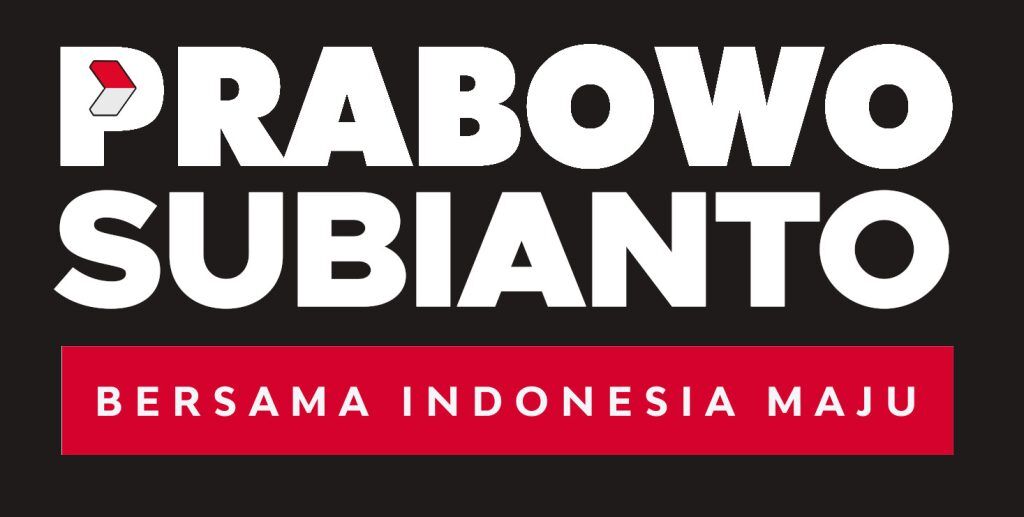After months of discussions, on Wednesday (April 2, 2025), U.S. President Donald Trump announced an update to trade tariffs. In addition to imposing a 10 percent base tariff on nearly all imported goods entering the U.S., Trump also implemented a “Reciprocal Tariff” of 32 percent on select countries, including Indonesia.
Anticipating these global shifts, President Prabowo Subianto had long been preparing strategic measures to safeguard Indonesia’s economic resilience and optimism. According to Noudhy Valdryno, Deputy for Dissemination and Media Information at the Presidential Communication Office (PCO), President Prabowo had already designed these key policies from day one of his administration.
“In facing global challenges, including the U.S.’s new tariff policy, President Prabowo has demonstrated sharp geopolitical insight. His deep understanding of international relations and global trade is a key strength in ensuring Indonesia’s economic stability,” Noudhy stated.
He further explained that these three major strategies, supported by a well-calibrated geopolitical approach, will enable Indonesia to continue growing despite disruptions in the global economy.
- Expanding Indonesia’s Trade Partnerships
One of President Prabowo’s most significant moves is broadening Indonesia’s trade network. Within the first week of his presidency, he submitted Indonesia’s application to join BRICS (Brazil, Russia, India, China, and South Africa), an economic bloc that accounts for 40 percent of global trade. This step solidifies Indonesia’s position in international trade.
Indonesia’s potential BRICS membership strengthens its existing multilateral trade agreements, including the Regional Comprehensive Economic Partnership (RCEP)—a pact involving 10 ASEAN countries plus Australia, China, Japan, South Korea, and New Zealand, covering 27 percent of global trade. Additionally, Indonesia is also advancing its accession to the Organization for Economic Cooperation and Development (OECD), which encompasses 64 percent of global trade, as well as trade agreements under CP-TPP, IEU-CEPA, and I-EAEU CEPA.
Beyond multilateral agreements, Indonesia has also established bilateral trade deals with South Korea, Japan, Australia, Pakistan, the United Arab Emirates, Iran, Chile, and various other nations—further enhancing its competitive edge in the global market.
- Accelerating Downstream Processing of Natural Resources
Indonesia is rich in natural resources, but much of its exports have historically been in raw material form. To maximize added value, President Prabowo is prioritizing industrial downstreaming. A clear example of this success is in the nickel sector, where exports and derivatives surged from USD 3.7 billion in 2014 to USD 34.3 billion in 2022—a direct result of a well-executed downstreaming policy.
On February 24, 2025, President Prabowo launched BPI Danantara, an institution designed to accelerate the downstreaming of Indonesia’s strategic natural resources. BPI Danantara will invest in and manage industrial processing projects across eight key sectors: Minerals, Coal, Oil, Natural Gas Plantation, Marine, Fisheries and Forestry. This initiative will reduce reliance on foreign investment, enhance Indonesia’s export competitiveness, create jobs, and boost sustainable economic growth.
- Strengthening Domestic Consumption Resilience
The third key initiative focuses on enhancing domestic purchasing power through programs directly benefiting the people. A flagship initiative under President Prabowo’s administration is the Free Nutritious Meal Program (MBG), targeting 82 million beneficiaries by the end of 2025.
Additionally, the establishment of 80,000 Merah Putih Village Cooperatives (KDMP) is set to strengthen the rural economy, create millions of new jobs, and stimulate financial circulation in local communities.
These efforts will not only boost household consumption, which accounts for 54 percent of Indonesia’s GDP, but also reduce reliance on imports and reinforce the domestic economy.
“By strengthening international trade partnerships, optimizing natural resource potential, and boosting domestic consumption, President Prabowo has demonstrated that Indonesia can continue to thrive—even amidst global uncertainty,” Noudhy emphasized.
With these strategic initiatives, Indonesia under President Prabowo’s leadership is on track to maintain its status as a stable and optimistic economic powerhouse in Southeast Asia and beyond.

